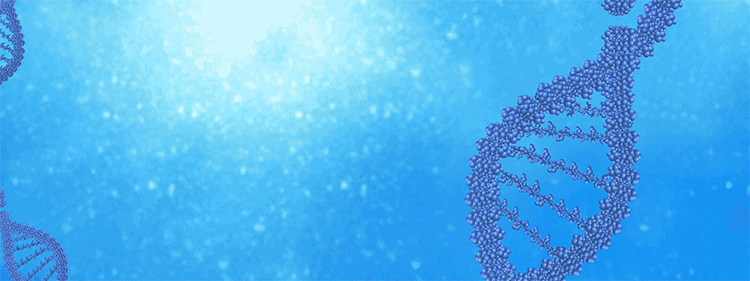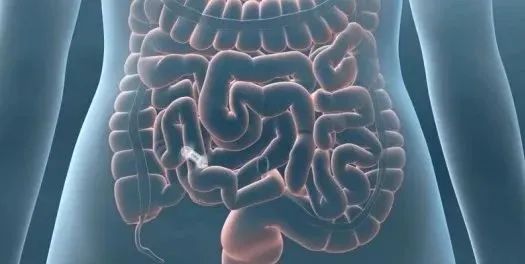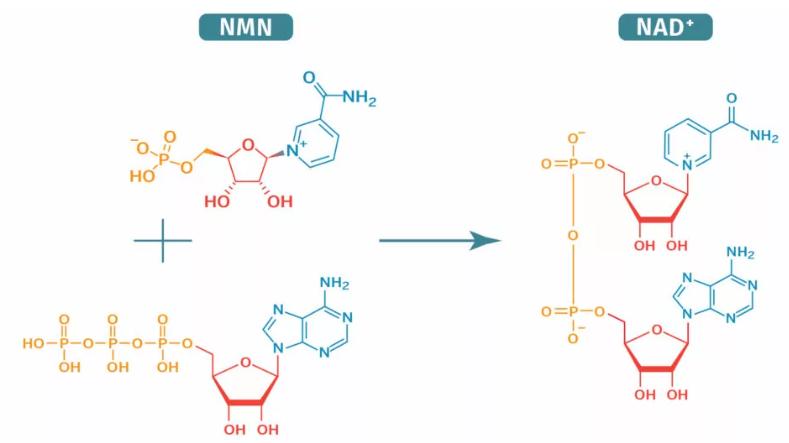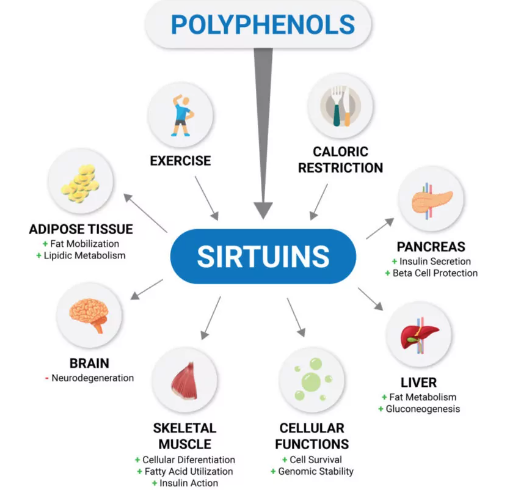
Jan 22, 2025 / Author: China Glutathione suppliers & NMN manufacturers
Many people are curious about how NMN plays a role in the body after being eaten into the stomach, and GSHWORLD will talk about the absorption, transformation and biological role of NMN after entering the human body.

NMN can be absorbed by the body through the digestive system.
In the gastrointestinal tract, it is able to be quickly absorbed into the blood circulation in its intact form by the epithelial cells of the small intestine.
This process may involve specific transporters that help NMN cross the cell membrane and enter the interior of the cell, where it is then transported to tissues and organs throughout the body along the blood flow.
After entering the cell, NMN reacts with Adenosine Triphosphate (ATP) to form nicotinamide adenine dinucleotide (NAD+) under the action of Nicotinamide Mononucleotide adenosine transferase (NMNAT).

NAD+ is a coenzyme with important functions in cells, and plays a key role in many physiological processes such as cell energy metabolism and signal transduction.

NMN is also involved in the remedial synthesis pathway of NAD+.
In this pathway, cells can synthesize NAD+ through a series of enzymatic reactions using precursor substances such as niacinamide, which is ingested from the diet or produced by cell metabolism, in which NMN is a key intermediate.
NAD+ plays a central role in cellular energy metabolism and is involved in REDOX reactions during cellular respiration as an electron carrier.
In metabolic pathways such as glycolysis and tricarboxylic acid cycle, NAD+ receives electrons and protons from metabolites to form reduced coenzyme I (NADH).
NADH then transfers electrons to the mitochondrial respiratory chain to produce adenosine triphosphate (ATP) through a process of oxidative phosphorylation that provides energy for various cellular activities.
NAD+ is an important regulator of Sirtuins protein family.
Sirtuins proteins have deacetylase activity and can deacetylate a variety of protein substrates to regulate the function of these proteins.

Sirtuins proteins play an important role in cellular stress response, DNA repair, gene expression regulation and other processes, helping to maintain normal cell function and genome stability, and delaying cell aging.
Adenosine diphosphoribose polymerase (PARP) is a family of NAD+ dependent nuclear proteins, which plays an important role in DNA damage repair and genome stability maintenance.
When DNA is damaged, PARP is activated, uses NAD+ as a substrate to synthesize polyadenosine diphosphate ribose (PAR), and transfer it to the target protein, recruiting the relevant DNA repair protein to the damage site, initiating the DNA repair process, and protecting the genetic information integrity of the cell.
The expression and regulation of circadian clock genes are affected by NAD+ dependent deacetylase. By regulating the level of NAD+, NMN can indirectly affect the expression and activity of circadian clock genes and maintain normal circadian rhythm, which is of great significance for the circadian rhythm regulation of sleep, metabolism and other physiological processes.
Supplier Introduction: China glutathione supplier and NMN manufacturer GSHworld, the company mainly develops biotechnology and industrialization. As a global pioneer in enzymatic catalytic ATP regeneration technology, our company advocates green production and is committed to providing customers with better and more environmentally friendly products and services. Glutathione Manufacturer,NMN Factory,Citicoline Sodium supplier,China NMN manufacturers
PREVIOUS:When women take NMN, these three benefits are enough
NEXT:Do not understand these your NMN free to eat, money spent
+86-755-23577295
+86 18718790084
Room 832, Building 12, Shenzhen Bay Science and Technology Ecological Park, Yuehai Street, Nanshan District, Shenzhen China